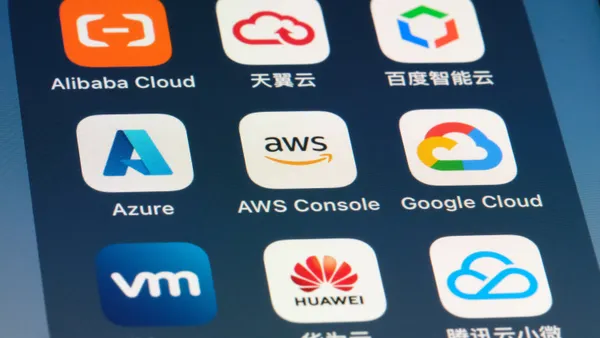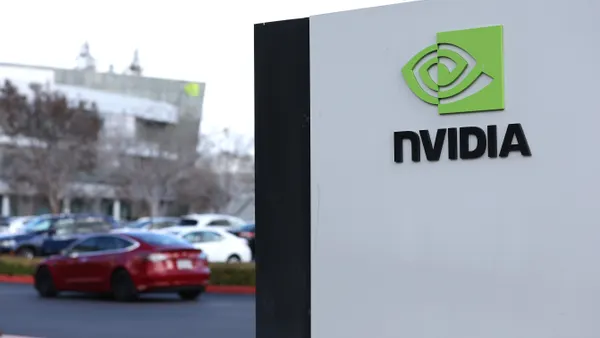Dive Brief:
- A blockchain solution developed by Accenture could save the ocean shipping industry hundreds of million of dollars each year and reduce the need for data entry by up to 80%, according to an announcement from the firm.
- An industry consortium, including AB InBev, Accenture, APL, Kuehne + Nagel and a European customs organization, tested the solution, which exchanges documents via blockchain technology, instead of physically or digitally.
- The consortium conducted a trial with 12 real shipments, each with different destinations and regulatory requirements. "The tests confirmed that blockchain can reduce operating costs and increase supply chain visibility," according to the announcement.
Dive Insight:
Enthusiasm for blockchain is growing in nearly every industry, particularly from supply chain operators. The consortium test reveals concrete examples of how it's possible to use blockchain to increase efficiency.
Maersk has partnered with IBM and freight forwarder Agility to use blockchain for tracking container shipments. Hamburg Sud, owned by Maersk, also launched a blockchain alliance, together with an Australian tech company.
But blockchain is the solution for increasing shipping volumes and efficiency while keeping costs down, a similar promise made to other industries.
The exchange of paper documents slows down the shipping process, whereas the blockchain solutions speeds up the flow of documents while reducing data entry, which in turn works to cut operation costs.
Digital exchanges of data always carry some level of cybersecurity risk, but blockchain may be one of the safest methods — it's largely considered virtually unhackable.
Cyberattacks devastated the ocean freight industry last year. If blockchain can mitigate cyber risk while simultaneously increasing efficiency and decreasing costs, it could become the gold standard for the sector.













